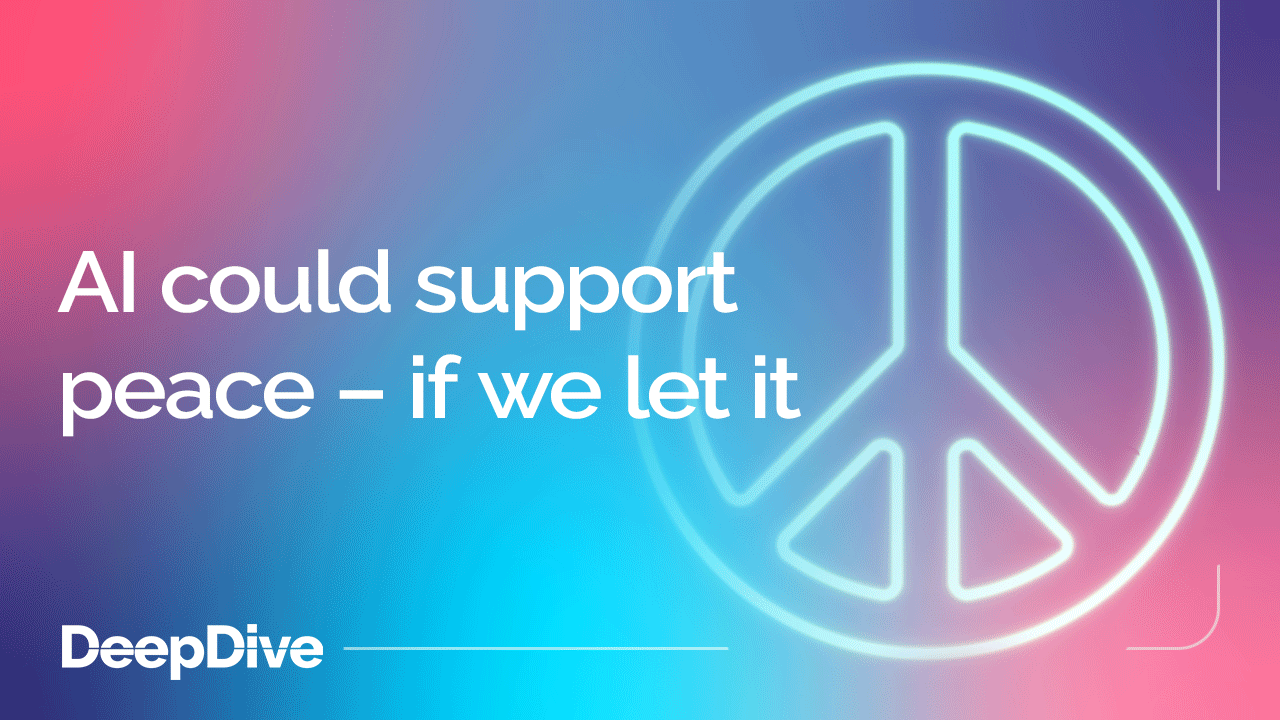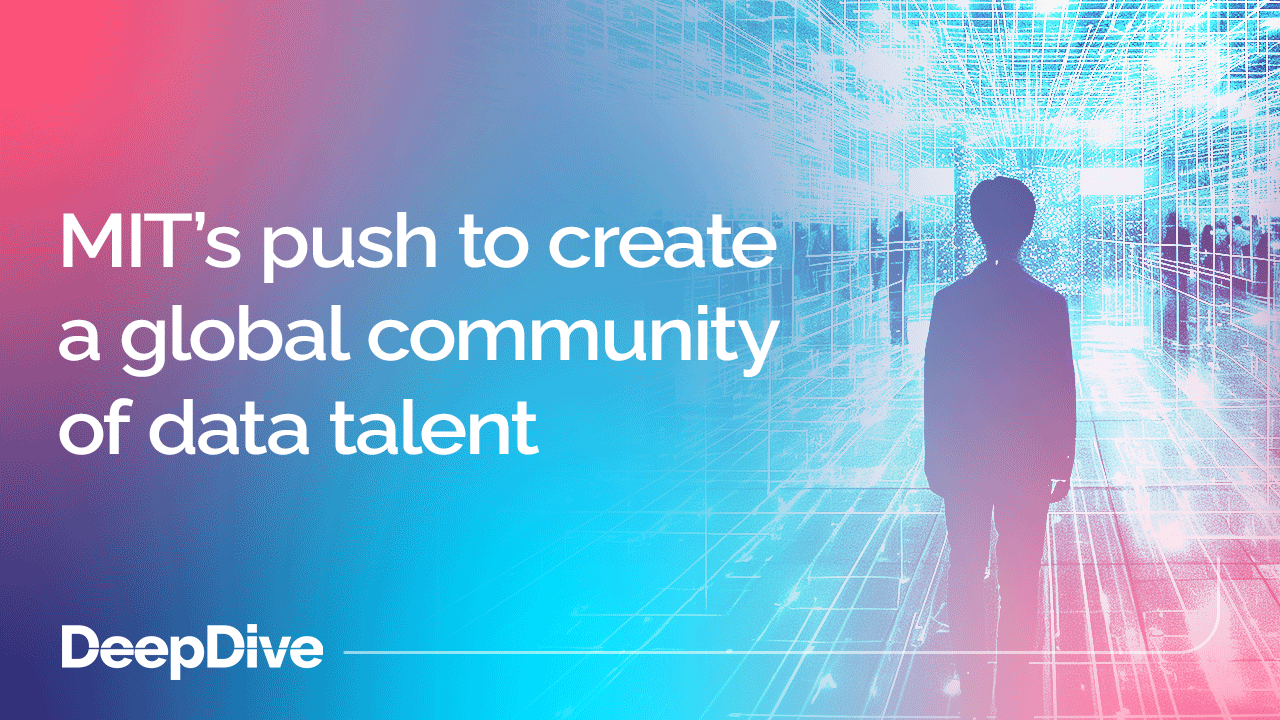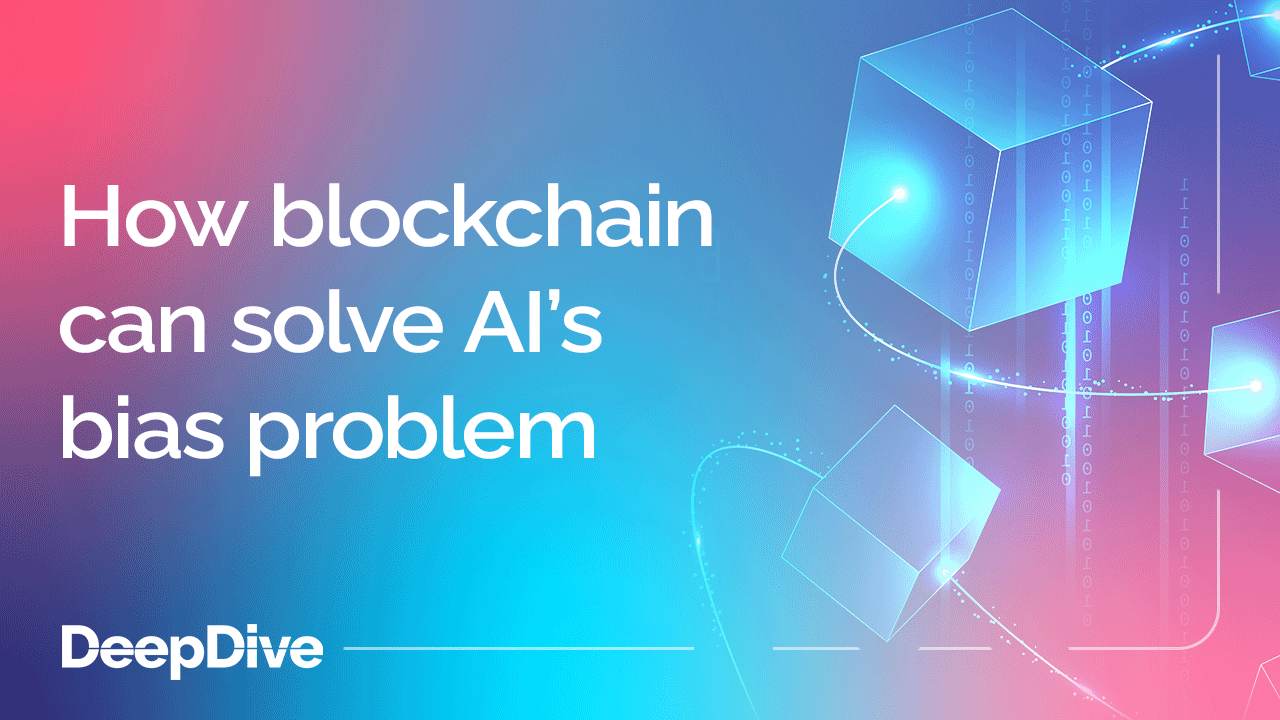

How doctors are comforting AI patients
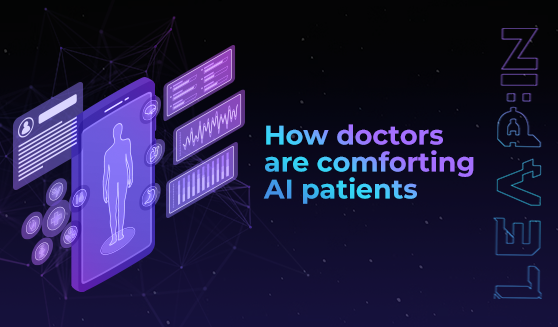
Welcome to the 222 new techies who have joined us since last Friday. If you haven’t already, subscribe and join our community in receiving weekly tech insights, updates, and interviews with industry experts straight to your inbox.
This week we’re quoting Dr. Istvan Petak, MD, PhD (Founder and CEO at Genomate Health)
What Petak said:
“We believe that, in the future, AI in healthcare will not be a disruption: to ensure the best treatment to patients, the use of AI will be a necessity and a normality.”
Because new tech is generating high volumes of data
We were talking to Petak about his work at the intersection of AI and cancer treatment. And he pointed out that AI is fast becoming an essential technology in healthcare – because there are so many other new technologies that generate large volumes of data. And that data can’t be analysed and interpreted by humans alone. There’s just too much of it.
A study by the International Data Corporation (IDC) projected that the data generation growth rate in the healthcare sector will exceed that of any other sector up to 2025. This growth is driven by the various data needs that exist in healthcare, including (but not limited to):
- Electronic healthcare records (EHRs)
- Data generated by medical devices (both privately bought devices and hospital-supplied devices)
- Biobank collections
According to IDC data outlined by RBC Capital Markets, about 30% of all the world’s data right now is being generated by the healthcare industry.
And emerging technologies continue to increase data generation in healthcare
On the blog, we wrote about microbots that could change the future of healthcare – aiding in patient diagnostics and precision medicine delivery. Devices like these, and many other emerging technologies in healthcare, continue to increase the amount of data produced in the sector; so the need for AI data tools will keep on growing.
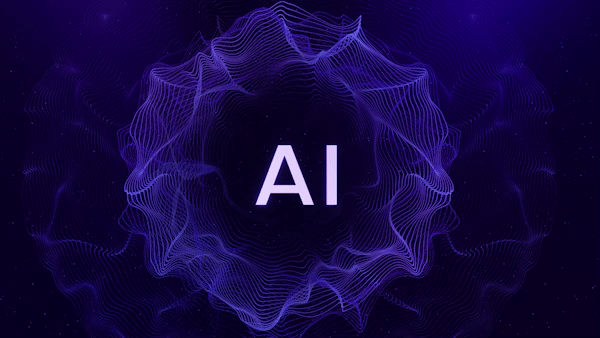
What will generate the most data in healthcare in the future?
Looking into the future, the factors that are likely to generate the highest volumes of data in healthcare include:
- Disease-specific clinical data. The healthcare data ecosystem is expanding, and there’s ever-increasing precision when it comes to data that’s specific to particular diseases and health conditions. The demand for precision data (which can speed up clinical trials and improve equity in healthcare) will continue to grow.
- Digital remote care and health monitoring. Data liquidity is essential to digital remote care – and the demand for this type of care will add to the generation of large bodies of data.
- Multi-omic tech. Multi-omic technologies involve the analysis of various types of biological data, and they’ll be the engine behind a new wave of precision medicine – requiring vast data sets in order to personalise care pathways and enhance patient outcomes.
- Digital health solutions. From wearable medical devices to health apps and digital patient services, digital health solutions are on the rise – improving access to care, supporting the health of populations, and demanding the continuous generation of data.
So healthcare needs AI
It’s highly likely, then, that Petak is right. AI will become a necessity in the healthcare sector, because as it stands, it’s the only way to manage the immense data demands that healthcare providers face.
And one more thing…
We know our focus today has been on data. But while we’re talking about AI in healthcare, we couldn’t resist sharing one more thing with you:
In the US and the UK, organisations have been deploying AI-powered virtual patients to facilitate virtual and remote training.
This 2023 report explores how VR platforms are enabling medical students to engage in immersive, face-to-face (sort of) training with AI patients, so they can safely practise interpersonal skills including comforting distressed patients or delivering bad news.
AI has a bright future in healthcare – in all kinds of ways. And we’re excited to see what happens next.
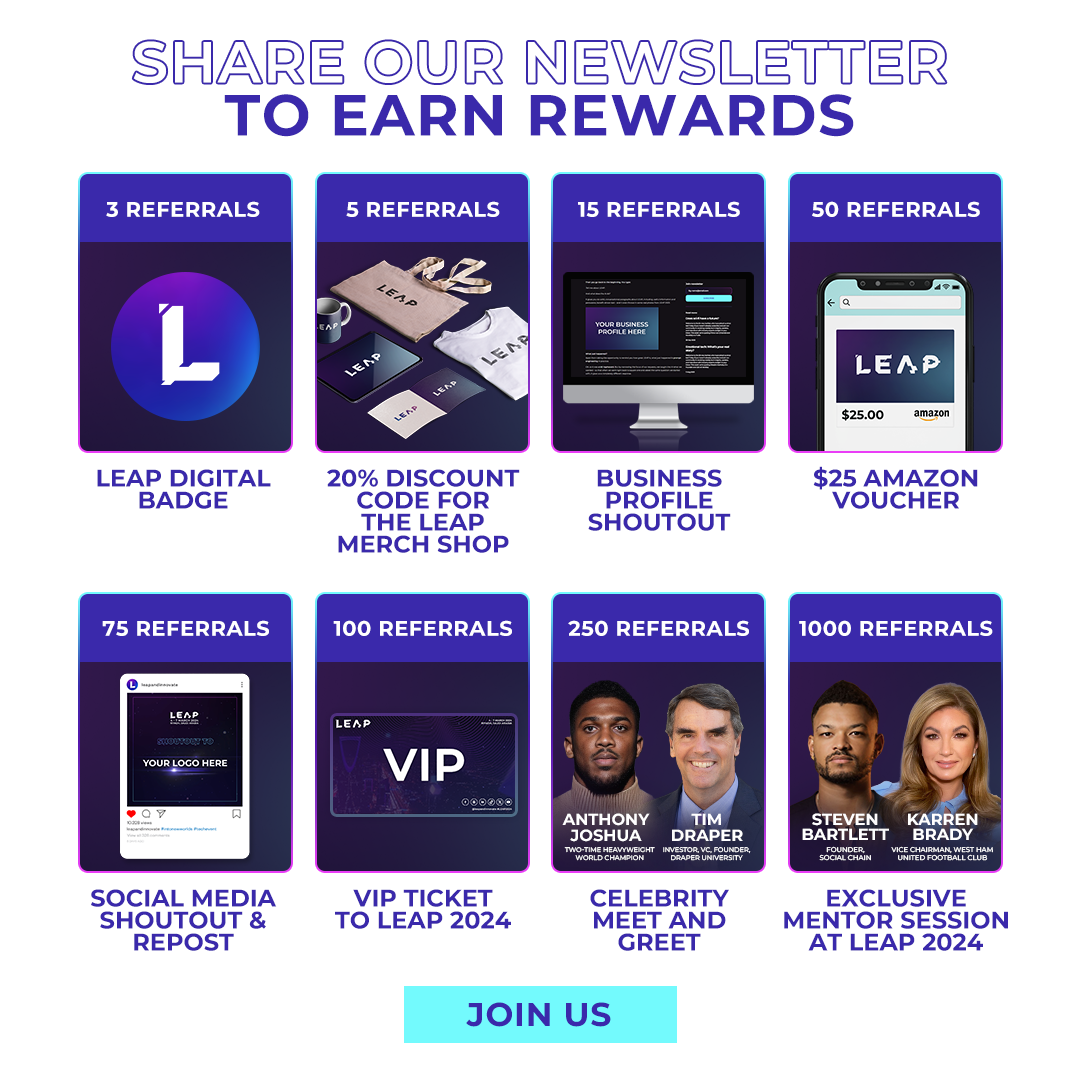
Have an idea for a topic you'd like us to cover? We're eager to hear it! Drop us a message and share your thoughts.
Catch you next week,
Richard McKeon
Group Marketing Director
P.S. - Mark your calendars for LEAP 2024 📅 4-7 March 2024. Want to be a part of the action?

